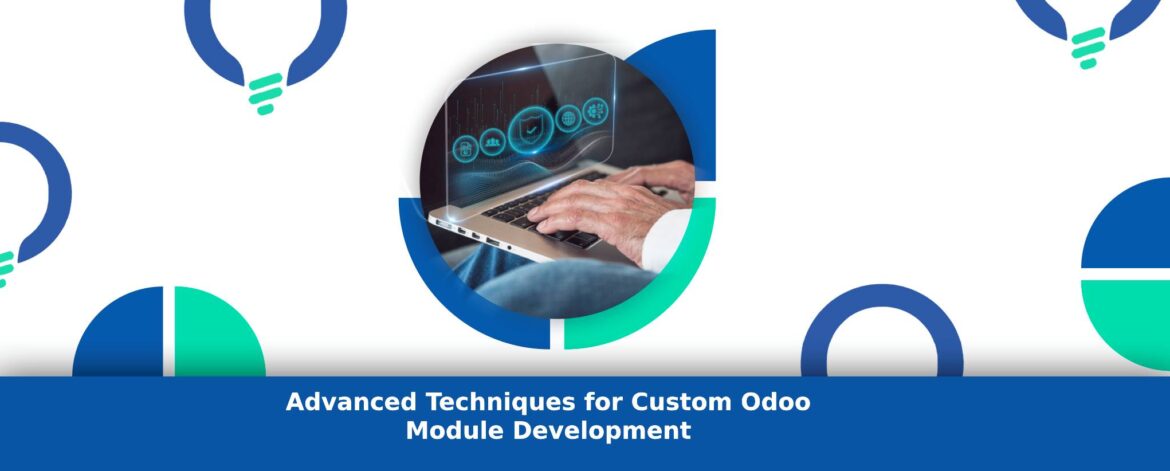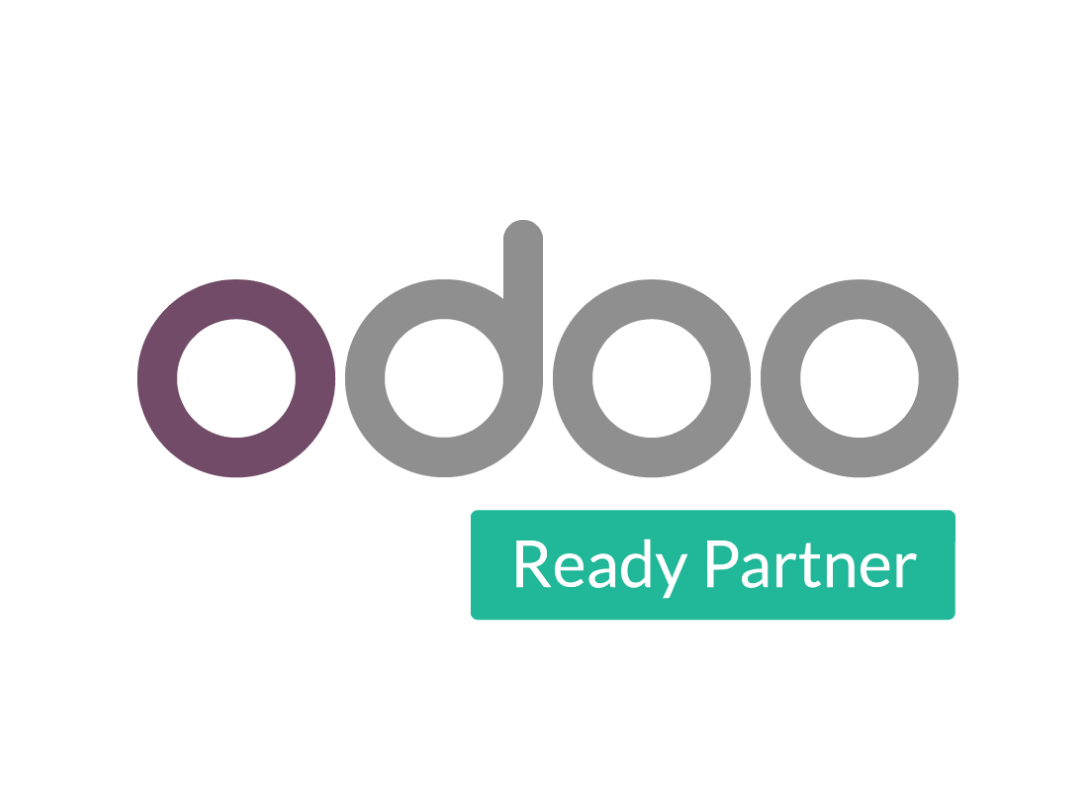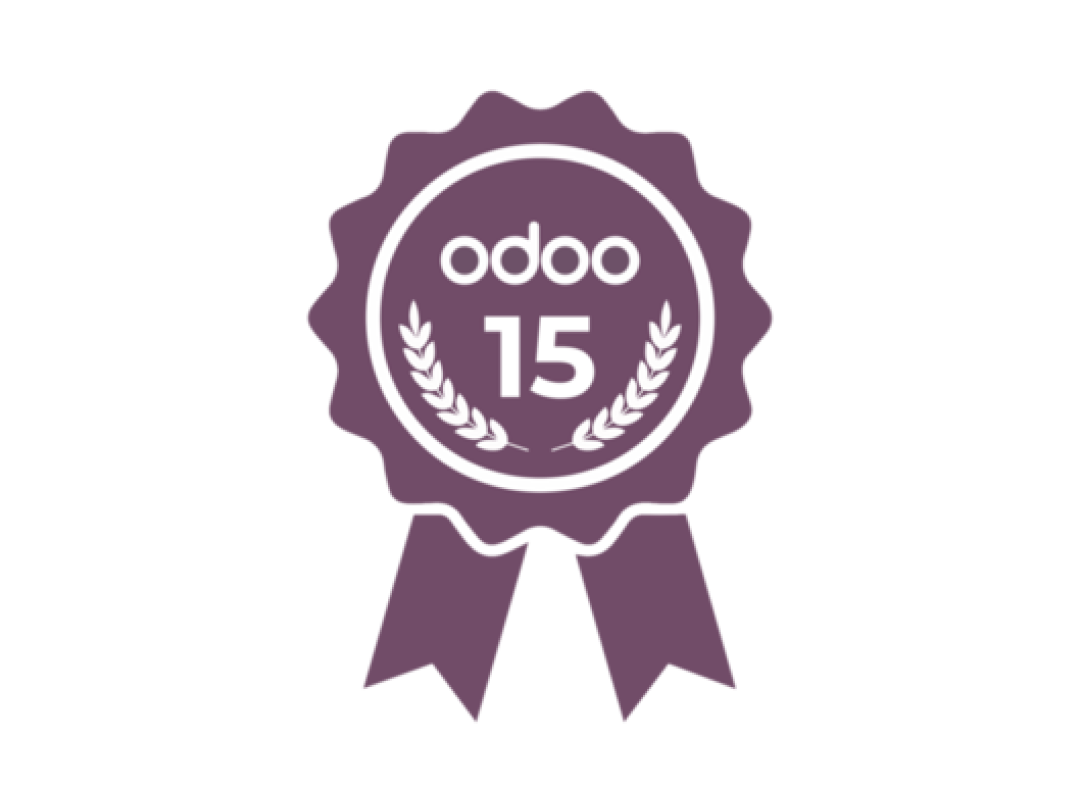In domain of ERP systems, Odoo stands out for its flexibility and extensibility, allowing businesses to tailor their experience through custom module development. As companies seek to further enhance their Odoo implementations, mastering advanced techniques in custom module development becomes pivotal. Let’s explore some sophisticated strategies and techniques that elevate Odoo customization to new heights.
The Core of Odoo Module Development
At its essence, Odoo module development involves crafting tailored functionalities that seamlessly integrate into the existing Odoo ecosystem. While the basics of module development are foundational, delving into advanced techniques offers a transformative edge.
Leveraging Odoo’s Extensive Documentation
The journey into advanced module development begins with a deep dive into Odoo’s extensive documentation. Understanding the nuances of Odoo’s framework, APIs, and technical intricacies lays a solid foundation for advanced customization.
Mastering Python for Customization Excellence
Python serves as the backbone of Odoo development. Gaining proficiency in Python unlocks a realm of possibilities for customizations. Advanced Python coding practices, object-oriented programming, and leveraging Python libraries are indispensable for intricate module development.
Harnessing ORM and Database Structures
The Odoo ORM (Object Relational Mapping) facilitates seamless interactions with the database. Mastering advanced ORM techniques empowers developers to craft efficient data models, ensuring optimal database operations and module performance.
Dynamic Views and Advanced UI/UX Customization
The visual aspect of Odoo modules plays a pivotal role in user adoption. Advanced UI/UX customization techniques, including dynamic views, widget customization, and responsive design principles, elevate the user experience, enhancing usability and functionality.
Unraveling Odoo’s Automated Actions and Workflows
Automated actions and workflows streamline business processes within Odoo. Mastery over configuring advanced workflows, triggers, and automated actions using Odoo’s workflow engine, allows for sophisticated process automation, improving operational efficiency.
Exploring Advanced Integration and API Usage
Odoo’s extensive APIs facilitate seamless integration with external systems. Advanced integration techniques leveraging RESTful APIs, web services, and third-party integrations enrich the Odoo ecosystem, enabling a unified and connected infrastructure.
Performance Optimization and Scalability
Optimizing module performance and ensuring scalability are imperative. Advanced techniques involving database indexing, caching mechanisms, and code optimization elevate module performance, ensuring a smooth and responsive user experience, even at scale.
Continuous Learning and Community Engagement
Staying abreast of the latest advancements and best practices is a hallmark of advanced Odoo developers. Active participation in the Odoo community, engaging in forums, discussions, and contributing to open-source projects, fosters continuous learning and growth.
Conclusion:
Mastering advanced techniques in custom Odoo module development isn’t just about coding proficiency; it’s about crafting tailored solutions that resonate with business needs. By embracing advanced Python coding, database optimization, UI/UX enhancements, and integrations, developers unleash the full potential of Odoo, creating tailored ERP experiences that drive business success.
In the dynamic landscape of ERP customization, embracing advanced techniques elevates Odoo module development from mere customization to a transformative journey that empowers businesses to thrive in a rapidly evolving market.




